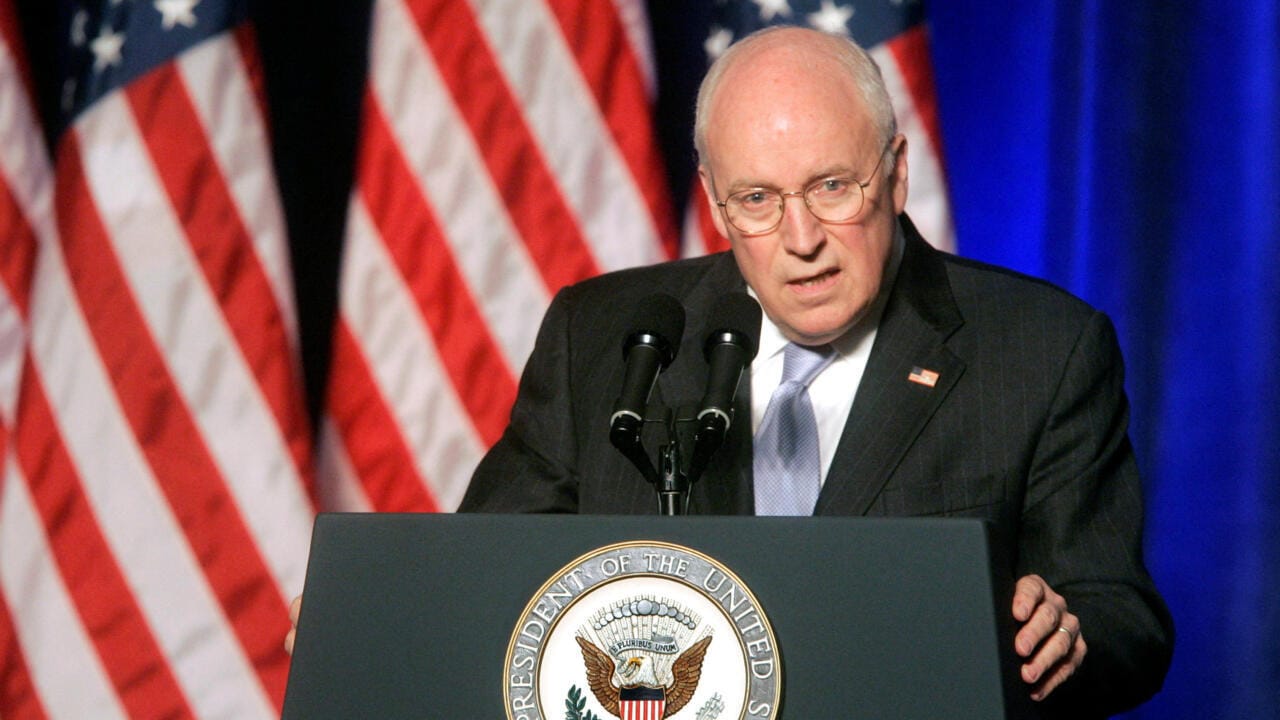A pivotal figure in American politics
Former Vice President Dick Cheney, regarded as one of the most powerful figures in modern American politics, has died at the age of 84 due to complications from pneumonia and cardiovascular disease, his family announced. Cheney had long struggled with heart-related health issues.
Born in Lincoln, Nebraska, in 1941, Cheney’s early life offered little indication of his future political prominence. After completing his studies at the University of Wyoming and the University of Wisconsin, he began his career in government service, rising rapidly to become Chief of Staff to President Gerald Ford at just 34 years old.
From Congress to the Department of Defense
Elected as Wyoming’s representative to Congress in 1978, Cheney served for a decade before becoming Secretary of Defense under President George H. W. Bush. During that tenure, he oversaw Operation Desert Storm, which successfully expelled Iraqi forces from Kuwait. His leadership during the Gulf War solidified his reputation as an advocate for a strong national defense.
Transforming the vice presidency
In 2000, George W. Bush selected Cheney as his running mate. As vice president, he wielded significant influence over U.S. foreign and defense policy, especially following the September 11, 2001 attacks. Cheney was a driving force behind the Iraq War and promoted a doctrine of preemptive action against perceived threats to the United States.
Controversies and enduring legacy
Cheney’s tenure was marked by both influence and controversy. He faced scrutiny for his role in wartime decisions, the 2006 hunting accident involving a friend, and the conviction of his top aide, Lewis “Scooter” Libby. After leaving office, Cheney became an outspoken critic of President Barack Obama, continuing to defend a strong executive branch and assertive U.S. global policy.
Dick Cheney leaves behind a complex and lasting legacy defined by his role in shaping U.S. national security, executive authority, and foreign policy during one of the most turbulent periods in recent history.



